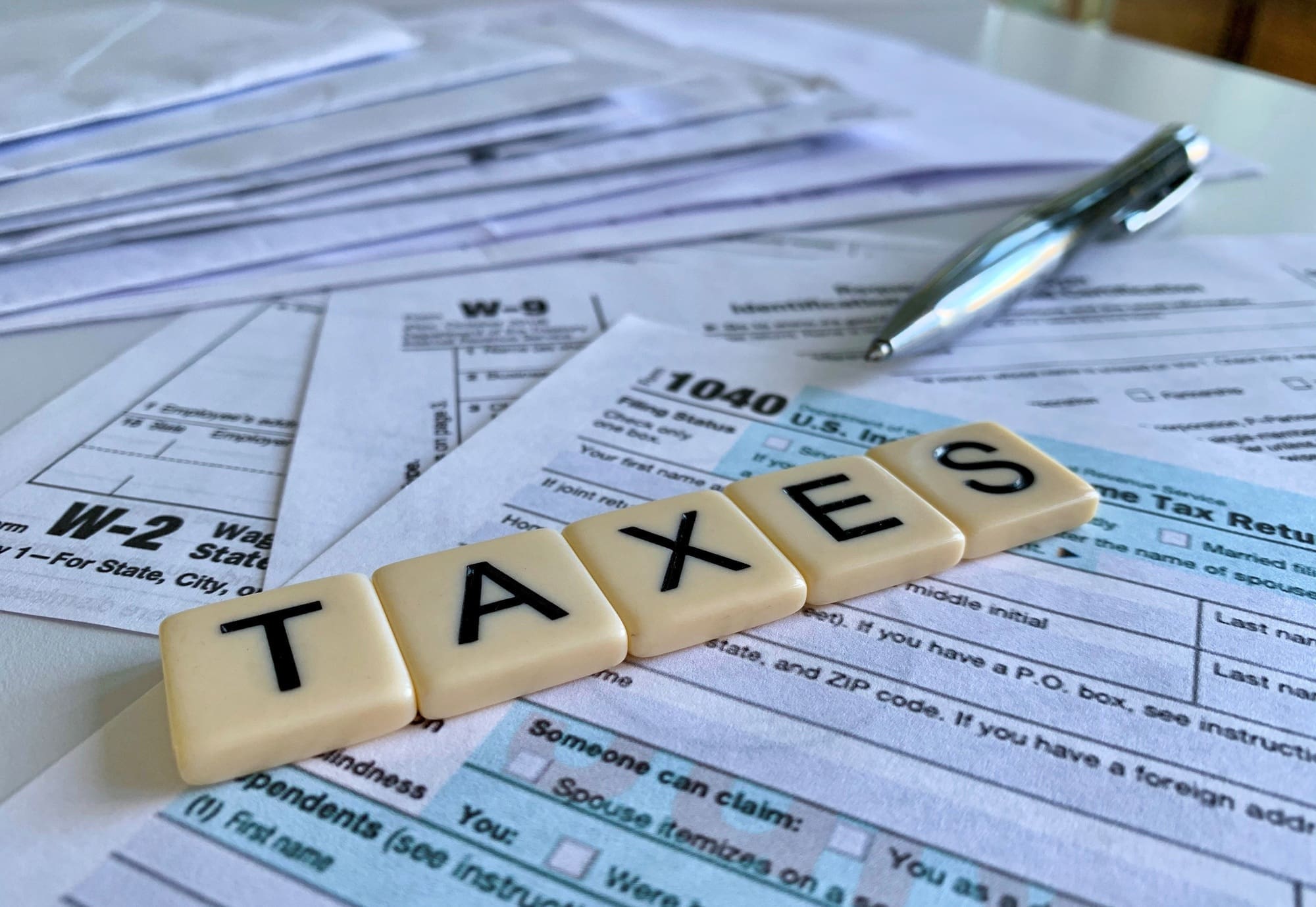The HM Revenue & Customs has posted an increase in the rate of interest it charges on late paid tax from 22 August 2023 to 7.75 per cent.
The rise in the rate, which is linked to the Bank of England base rate, raises the issue of additional tax costs caused by delays that are not necessarily the taxpayer’s fault. In particular, delays in obtaining a grant of probate can now attract quite punitive interest charges, where the inheritance tax bill cannot be settled until after estate assets have been sold.
Current delays at the Probate Registry mean that it often takes six months to obtain a grant of probate. The result is that the estate may have to pay significant interest on tax paid late, seriously impacting on the net value. Take the example of an estate consisting mostly of a house valued at £1.5m with an available nil rate band of £325,000. There is no liquid cash to meet the inheritance tax bill of £470,000, and even if the first instalment (assuming the estate elects to settle the liability in ten equal instalments) of £47,000 is paid through a loan, interest is still running on the balance of £423,000. At the most recent figure of 7.75 per cent, that amounts to £32,782.50 over a year, plus the interest on the loan to pay the first instalment.
The result is that interest on inheritance tax itself is now becoming a significant figure in estate accounts, even in estates where all parties have acted as efficiently as possible. This is particularly relevant at the moment, when asset values are generally not rising.
Naturally, HMRC does not give tax relief for late payment interest paid. Moreover, unlike late payment penalties, it is not possible to appeal an assessment of late payment interest.
Have a look at the revised rates here:
Stephen Parnham
August 2023


